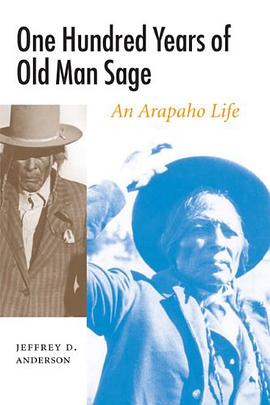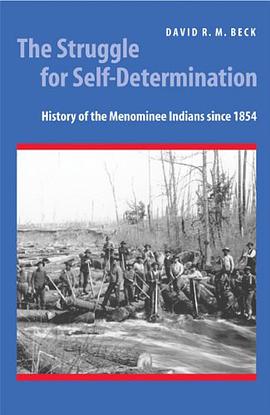

具体描述
After the First World War, many Canadians were concerned with the possibility of national regeneration. Progressive-minded politicians, academics, church leaders, and social reformers turned increasingly to the state for solutions. Yet, as significant as the state was in articulating and instituting a new morality, outside actors such as employers were active in pursuing reform agendas as well, taking aim at the welfare of the family, citizen, and nation. Citizen Docker considers this trend, focusing on the Vancouver waterfront as a case in point.After the war, waterfront employers embarked on an ambitious program ? welfare capitalism ? to ease industrial relations, increase the efficiency of the port, and, ultimately, recondition longshoremen themselves. Andrew Parnaby considers these reforms as a microcosm of the process of accommodation between labour and capital that affected Canadian society as a whole in the 1920s and 1930s. By creating a new sense of entitlement among waterfront workers, one that could not be satisfied by employers during the Great Depression, welfare capitalism played an important role in the cultural transformation that took place after the Second World War.Encompassing labour and gender history, aboriginal studies, and the study of state formation, Citizen Docker examines the deep shift in the aspirations of working people, and the implications that shift had on Canadian society in the interwar years and beyond.
作者简介
目录信息
读后感
评分
评分
评分
评分
用户评价
相关图书
本站所有内容均为互联网搜索引擎提供的公开搜索信息,本站不存储任何数据与内容,任何内容与数据均与本站无关,如有需要请联系相关搜索引擎包括但不限于百度,google,bing,sogou 等
© 2025 book.wenda123.org All Rights Reserved. 图书目录大全 版权所有




















